When considering treatment options for addiction and mental health issues, the wide range of therapeutic approaches available can seem daunting. Two of the most frequently mentioned methods are Cognitive Behavioral Therapy (CBT) and psychotherapy, which are often used synonymously but actually represent different approaches to emotional healing and personal development.
This article aims to clarify the main differences between CBT and psychotherapy, enabling you to gain a clearer understanding of their unique features and how each can target specific mental health requirements.

Defining the Therapies
Psychotherapy, also known as talk therapy, is an umbrella term for various therapeutic approaches that address emotional and psychological challenges. It can be conducted in individual, group, or family settings and may involve long-term treatment.
In contrast, CBT is a specific, structured form of psychotherapy that focuses on identifying and changing negative thought patterns and behaviors to improve mental health.
While psychotherapy generally emphasizes exploring past experiences and emotions, CBT is primarily present-focused and aims for immediate symptom relief through practical strategies and skills.
CBT is typically shorter-term than other forms of psychotherapy, often lasting between 12 to 20 sessions.
Whether you prefer the structured, goal-oriented style of CBT or the more in-depth emotional exploration of psychotherapy, Radix Recovery’s outpatient program provides a supportive setting where you can access the tools and guidance necessary for long-term recovery.
Treatment Approach
Cognitive-behavioral therapy (CBT) is known for its structured and goal-oriented approach, emphasizing specific issues and symptom relief within a shorter time frame. You’ll find that CBT sessions typically last around 12 to 20 sessions, focusing on cognitive restructuring and practical strategies to help you identify and challenge negative thought patterns and behaviors through homework and real-life applications.
In contrast, psychotherapy offers a more flexible and exploratory approach, allowing for in-depth discussions about your emotions, thoughts, and behaviors over a longer duration.
The therapeutic relationship is prioritized in psychotherapy, engaging you in a collaborative process to explore past experiences and emotional healing, with less emphasis on structured techniques.
While CBT targets present-focused problems, psychotherapy may delve into historical contexts and emotional wounds, aiming for a deeper understanding of your experiences and patterns.
Techniques and Methods
CBT utilizes cognitive techniques like restructuring to identify and challenge negative thoughts, while psychotherapy may employ methods such as dream analysis and free association to explore unconscious processes.
Behavioral techniques in CBT, including exposure therapy and behavioral activation, focus on modifying specific behaviors contributing to distress. In contrast, psychotherapy emphasizes emotional processing and the therapeutic relationship as key tools for healing.
CBT typically includes structured homework assignments that encourage you to practice new skills outside of sessions, contrasting with psychotherapy’s more flexible, client-led approach to session content. Psychotherapy sessions often allow for a broader exploration of your history and emotional experiences, while CBT maintains a present-focused framework targeting specific issues or symptoms.
These are the signs you should be looking out for, if you’re in need of dual diagnosis treatment for your addiction and mental health issues.

Treatment Duration and Frequency
CBT is a short-term approach, typically lasting up to 6 months, with some clients completing therapy in as few as 12 weeks. The structured sessions in CBT adhere to a strict protocol, focusing on specific behaviors or symptoms causing distress.
In contrast, psychotherapy’s treatment duration can vary significantly, potentially extending for years depending on the complexity of issues being addressed. The frequency of sessions in psychotherapy may also differ, as it can be tailored to the client’s needs, while CBT generally follows a more consistent schedule.
Psychotherapy allows for a more flexible session structure, where clients can dictate the focus topics, often exploring various aspects of their lives. When considering these two approaches, it’s essential to understand how the treatment duration and frequency of sessions align with your personal preferences and the nature of the challenges you’re facing.
Conditions Treated
When you’re grappling with addiction, anxiety disorders, depression, PTSD, panic attacks, phobias, or chronic stress, cognitive-behavioral therapy often proves particularly effective.
CBT zeroes in on specific symptoms and behaviors, empowering you to break free from the grip of these debilitating conditions.
In contrast, psychotherapy casts a wider net, addressing a broader spectrum of mental health issues. If you’re wrestling with emotional distress stemming from trauma, grief, relationship problems, or complex interpersonal dynamics, psychotherapy provides a safe space for deep exploration and healing.
While there’s some overlap in the conditions treated by CBT and psychotherapy, the choice often hinges on the severity of your symptoms and your personal preferences.
CBT is your go-to for quick symptom relief, while psychotherapy is the path for those seeking profound self-understanding.
Final Thoughts from Radix Recovery
At Radix Recovery in Iowa, we understand that successful addiction treatment often requires a diverse approach. Our outpatient addiction treatment program combines elements from various therapeutic methods, including both Cognitive Behavioral Therapy (CBT) and traditional psychotherapy techniques, to offer comprehensive care customized for each person’s unique journey.































































































